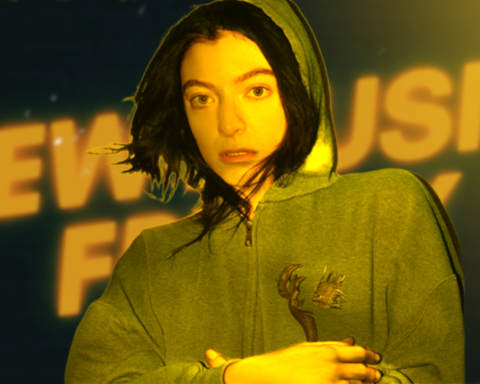Introduction: Peering Beyond the Horizon
In a world that’s increasingly defined by rapid technological advancements, it’s not uncommon to hear discussions about the implications of artificial intelligence (AI) on our society. From sci-fi dystopias to real-world applications, the dialogue surrounding AI is both exhilarating and daunting. Recently, musician Sheryl Crow stirred the pot with her remark that “our brains can’t imagine” what lies ahead with AI. This statement invites us to embark on a journey of exploration, peering into the depths of AI’s potential impact on our lives and the very essence of humanity.
The Veil of Uncertainty: Understanding Sheryl Crow’s Assertion
Crow’s assertion encapsulates the essence of the enigma that is AI. As humans, we are limited by our cognitive faculties, unable to fully grasp the intricacies of what AI might bring forth. This limitation stems from the very nature of AI itself – a technology designed to mimic and potentially surpass human intelligence. Our imaginations, bound by the constraints of our biological brains, struggle to comprehend the sheer breadth of possibilities that AI presents.
Unraveling the Tapestry of AI Advancements
Transitioning from speculation to reality, it’s essential to recognize the tangible advancements AI has already facilitated. From self-driving cars to virtual assistants, AI permeates various facets of our daily lives. These developments, though impressive, merely scratch the surface of AI’s potential. As technology continues to evolve at an exponential rate, the trajectory of AI remains shrouded in uncertainty, echoing Crow’s sentiment that our imaginations falter in envisioning its full scope.
Navigating the Ethical Labyrinth: Challenges and Controversies
As AI infiltrates domains once solely occupied by humans, ethical dilemmas emerge on the horizon. Questions regarding data privacy, algorithmic bias, and the implications of autonomous decision-making demand our attention. The ethical labyrinth of AI presents a formidable challenge, one that requires careful navigation and proactive solutions. Yet, amidst the complexity, Sheryl Crow’s assertion serves as a poignant reminder of our cognitive limitations in comprehending the magnitude of these ethical quandaries.
Humanity at the Crossroads: Redefining Our Relationship with AI
At the heart of the AI discourse lies a fundamental question: What does it mean to be human in an increasingly AI-driven world? Crow’s assertion serves as a catalyst for introspection, prompting us to reevaluate our relationship with technology and its impact on our identity. As AI continues to permeate our society, we are faced with the task of defining our role in shaping its trajectory. The fusion of human ingenuity and AI capabilities holds the potential to redefine the very essence of humanity itself.
Embracing the Unknown: Cultivating a Mindset of Adaptability
In the face of uncertainty, embracing the unknown becomes paramount. Sheryl Crow’s assertion serves as a call to arms, urging us to adopt a mindset of adaptability in navigating the AI landscape. Rather than succumbing to fear or resignation, we must approach AI with curiosity and resilience, embracing the opportunities it presents while remaining vigilant to its potential pitfalls. In doing so, we empower ourselves to shape the future of AI in a manner that aligns with our values and aspirations.
Conclusion: Beyond the Horizon
As we peer into the abyss of AI’s vast potential, Sheryl Crow’s assertion resonates as a poignant reminder of our cognitive limitations. Yet, it is precisely this uncertainty that beckons us to explore, innovate, and redefine the boundaries of what is possible. In embracing the unknown, we embark on a journey of discovery, charting a course towards a future where humanity and AI coexist harmoniously, transcending the limits of our imagination.






